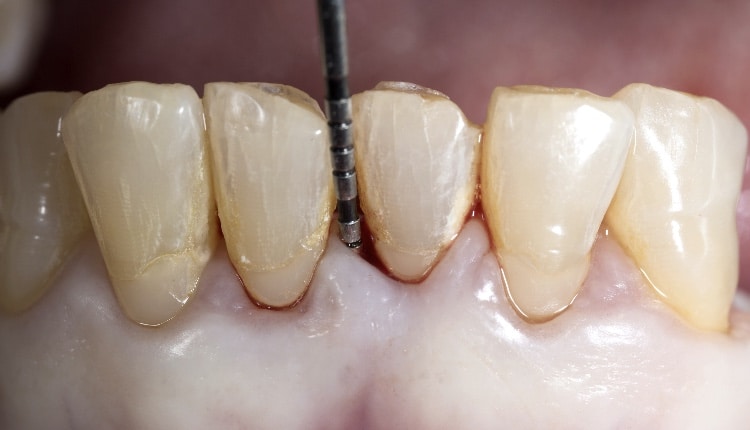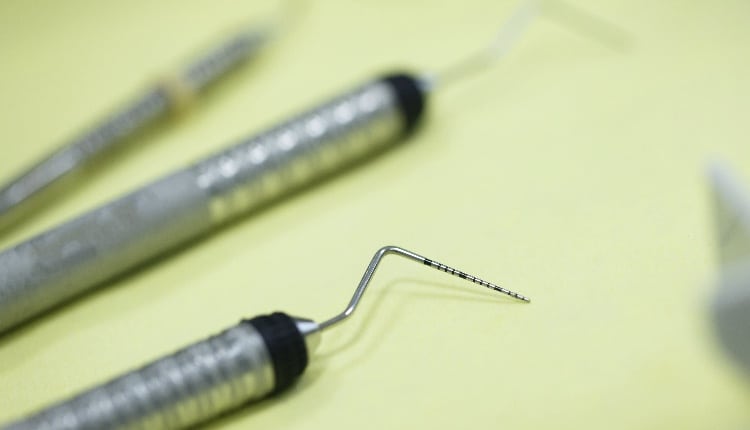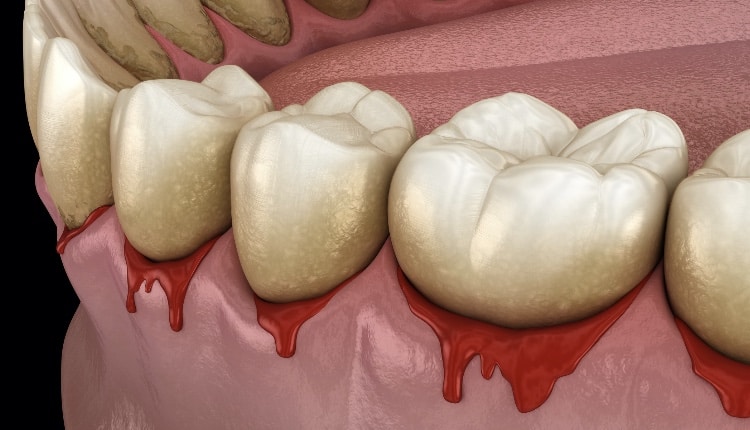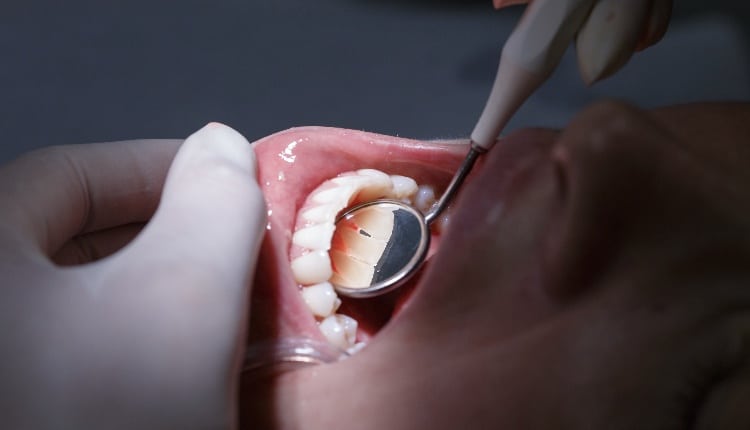Risk-Based Recare for Perio Maintenance
In 2018 the American Academy of Periodontology (AAP) and the European Federation of Periodontology (EFP) published a new classification system for periodontal health and disease, changing the way oral health professionals consider clinical parameters. A major component of the new classification system is the use of staging and grading to focus on disease complexity and progression based on an individual’s risk factors and protective behaviors. Implementation of the new classification system provides oral health professionals with another opportunity to educate patients on their role in maintaining and/or improving their oral health.
One way dental hygienists can integrate staging and grading into patient education is through risk assessment to determine an individual’s periodontal maintenance recare interval.
 watanyou / iStock / Getty Images Plus
watanyou / iStock / Getty Images Plus
The AAP describes periodontal maintenance as the treatment provided to individuals after the completion of initial (nonsurgical) periodontal therapy with the intention of preventing further disease progression and maintaining the health of the periodontium.
 zlikovec / iStock / Getty Images Plus
zlikovec / iStock / Getty Images Plus
Risk assessment is the process of evaluating which of the following factors to determine the overall protective or destructive influence on a patient’s oral health?
 yomogi1 / iStock / Getty Images Plus
yomogi1 / iStock / Getty Images Plus
Using evidence-based clinical decision making, the dental hygienist can weigh the impact of different risk variables to determine the patient’s overall risk of disease progression.
 alex-mit / iStock / Getty Images Plus
alex-mit / iStock / Getty Images Plus
Patients who have responded well to previous treatment, comply with self-care, and have no additional systemic or behavioral risk factors, may have their classification adjusted to Grade A, which suggests longer intervals of 6 months to 12 months between periodontal maintenance appointments.
 zlikovec / iStock / Getty Images Plus
zlikovec / iStock / Getty Images Plus
The periodontal maintenance team includes which of the following?
 andresr / E+
andresr / E+
As personalized precision dentistry is the way of the future, oral health professionals need to be prepared to conduct proper risk assessments and identify independent risk factors, developing that knowledge into implementable therapeutic care tailored to each individual.
 dikushin / iStock / Getty Images Plus
dikushin / iStock / Getty Images Plus
Share your Results:

